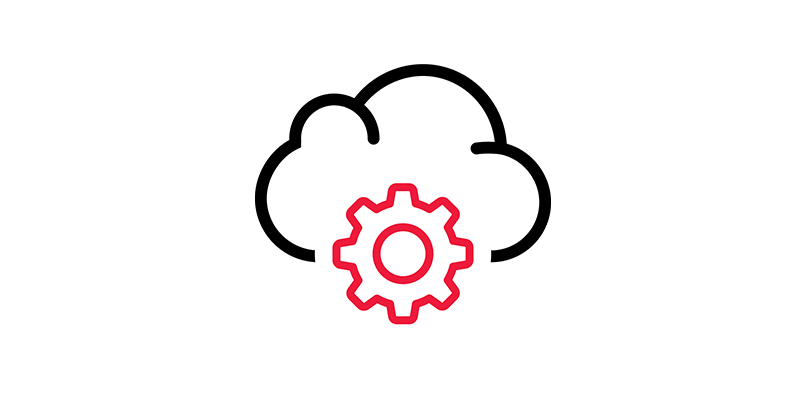Every solution for your medical practice is a big decision. You always want to make sure you are educated in informed on what you are purchasing and implementing. What is a gray area for a lot of practice managers is the cloud. Read below for a list of cloud pros and cons. Hopefully, this can help you make a good decision.
The Pros
There are three major advantages offered by cloud computing:
- Flexibility. Scaling up or down can be done without major investment or leaving excess capacity idle. It also enables your entire workforce to get more done, where and when they need to.
- Collaboration. With data and software in a shared cloud environment, staff can collaborate from anywhere. Everything from HR to accounting, and from operations to sales and customer relations, can be managed from diverse and mobile environments, giving your team greater power to collaborate effectively.
- Disaster Recovery. Typically, data stored in the cloud can be easily retrieved in the event of a disaster. It also augments local backup and recovery systems, adding protective redundancy.
The Cons
While the cloud offers obvious benefits, it also increases your company’s potential “attack surface” for cybercriminals. By spreading your communications and access to data beyond a safe “firewall,” your network is far more exposed to a whole bevy of security concerns. Many of them can be addressed with these three best practices:
- Social Engineering Awareness. Whether you go cloud or local, the weakest link in your network is not in your equipment or software; it’s in the people who use them. Cybercriminals are aware of this fact. And you can count on them to come up with an endless variety of ways to exploit it. One day it’s a phone call ostensibly from your IT department requesting sensitive data, the next it’s an e-mail that looks official but contains malicious links. Make sure your employees are aware of and trained to deal with these vulnerabilities.
- Password Security and Activity Monitoring. Maintaining login security is absolutely critical any time you’re in a cloud environment. Train your staff in how to create secure passwords and implement two-factor authentication whenever possible. Take advantage of monitoring tools that can alert you to suspicious logins, unauthorized file transfers and other potentially damaging activity.
- Anti-Malware/Antivirus Solutions. Malicious software allows criminals to obtain user data, security credentials and sensitive information without the knowledge of the user. Not only that, some purported anti-malware software on the market is actually malware in disguise. Keep verifiable anti-malware software in place throughout your network at all times, and train your employees in how to work with it.
If you would like to discuss cloud solutions, contact Tier3MD today.


